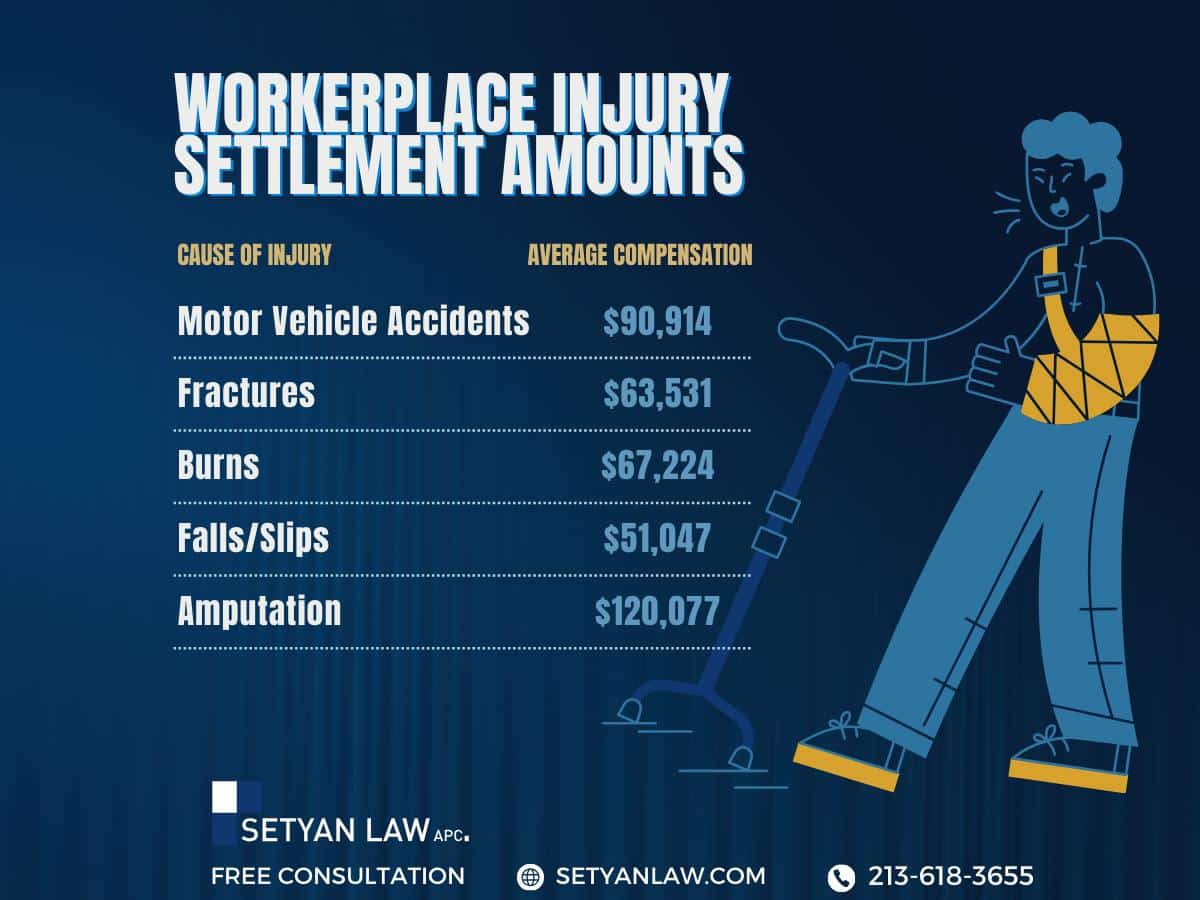Updated April 18, 2025
Understanding Light or Modified Duty in Workers’ Compensation Cases
When an employee suffers an injury at work, the journey toward recovery can be challenging. One crucial aspect of this process involves the concept of light or modified duty. This temporary work arrangement allows injured workers to remain engaged in their jobs while adhering to medical restrictions during their recovery period. In this article, we will explore what light or modified duty entails, its benefits, and the rights of employees and employers in such situations.
What is Light or Modified Duty?
Light or modified duty refers to a temporary adjustment in job responsibilities for an employee recovering from a work-related injury. This arrangement allows the employee to perform tasks that align with their physical abilities as outlined by their healthcare provider. The primary goal is to facilitate a smoother transition back to full-time work while ensuring the employee’s health and safety.
Key Characteristics of Light or Modified Duty
- Temporary Nature: Light duty assignments are not permanent. They are intended to last only until the employee is fully recovered or until the medical professional determines that the employee can resume regular duties.
- Job Adaptation: The tasks assigned during this period are adjusted to accommodate the employee’s physical limitations. This may involve lighter workloads or different responsibilities altogether.
- Employer’s Responsibility: Employers are required to assess whether they can provide suitable modified work options for injured employees based on their medical restrictions.
Why is Light or Modified Duty Important?
Light or modified duty plays a significant role in the recovery process for injured workers. It helps maintain their connection to the workplace while also providing several benefits.
Benefits for Employees
- Financial Stability: By remaining in the workforce, employees can continue to earn wages, which is crucial for managing living expenses during their recovery.
- Psychological Well-Being: Staying engaged in work can help combat feelings of isolation and depression that often accompany prolonged absences from the workplace.
- Faster Recovery: Research indicates that employees who return to work in some capacity tend to recover more quickly than those who remain off work for extended periods.
Benefits for Employers
- Reduced Costs: Employers can save on workers’ compensation costs by bringing employees back to work sooner, reducing the duration of claims and associated expenses.
- Maintaining Productivity: Allowing employees to work in a limited capacity helps maintain overall productivity and morale within the workplace.
- Employee Loyalty: Demonstrating a commitment to supporting injured workers can foster loyalty and trust among employees, enhancing workplace culture.
The Process of Transitioning to Light or Modified Duty
Transitioning to light or modified duty involves several steps that both the employee and employer must navigate.
Medical Evaluation
The first step in this process is a thorough medical evaluation by the employee’s healthcare provider. The provider will assess the employee’s physical limitations and determine which tasks they can safely perform during recovery.
Job Offer from Employer
Once the medical evaluation is complete, the employer must assess whether they can provide suitable modified work. They are required to communicate any job offers in writing, detailing the nature of the work, the physical demands involved, and the expected duration of the light duty assignment.
Employee Acceptance
The injured worker must review the job offer and decide whether they can accept the modified duties. If the employee believes the offered tasks exceed their medical restrictions, they should consult their healthcare provider before making a decision.
What Happens if an Employee Refuses Light Duty?
Refusing a light or modified duty job offer can have serious implications for an injured worker. If an employee declines the offer without a valid reason, they may lose their entitlement to temporary disability benefits.
Valid Reasons for Refusal
An employee may refuse light duty if:
- The offered tasks exceed their medical restrictions.
- The work environment poses risks to their recovery.
- The job does not align with their physical capabilities as outlined by their healthcare provider.
In such cases, it is advisable for the employee to communicate their concerns clearly and seek further evaluation from their healthcare provider.
What if an Employer Cannot Provide Modified Work?
In situations where an employer cannot offer light or modified duty, the injured worker is typically entitled to receive temporary disability benefits. These benefits are designed to compensate for lost wages while the employee is unable to work.
Duration of Benefits
Temporary disability benefits will continue until one of the following occurs:
- The employee is cleared to return to regular duties by their healthcare provider.
- The employer can provide suitable modified work that aligns with the employee’s restrictions.
Disputes Regarding Light Duty Assignments
Disputes may arise between employers and employees concerning light duty assignments. These disputes often stem from misunderstandings about the employee’s physical limitations or the nature of the offered work.
Resolving Disputes
- Open Communication: Both parties should engage in open dialogue to clarify expectations and address any concerns.
- Consulting Healthcare Providers: Involving the employee’s healthcare provider can provide valuable insights into the employee’s physical capabilities and restrictions.
- Legal Counsel: If disputes cannot be resolved through communication, seeking legal advice may be necessary to protect the rights of the injured worker.
The Critical Role of Documentation
Documentation is vital in the light or modified duty process. Both employers and employees should maintain accurate records to ensure compliance with legal requirements and to protect their rights.
Essential Documentation
- Medical Reports: The employee’s healthcare provider should provide detailed reports outlining their physical limitations and any recommended accommodations.
- Job Descriptions: Employers should document the specific duties associated with the light duty position, including physical demands and any necessary accommodations.
- Communication Records: Keeping records of all correspondence related to the light duty assignment can help resolve disputes and clarify responsibilities.
The Importance of Understanding Rights
Both employees and employers must understand their rights and responsibilities regarding light or modified duty assignments.
Employee Rights
- Right to Safe Work Conditions: Employees have the right to refuse work that exceeds their medical restrictions or poses risks to their recovery.
- Right to Compensation: If no suitable modified work is available, employees are entitled to temporary disability benefits.
Employer Responsibilities
- Duty to Accommodate: Employers must make reasonable efforts to provide modified work that complies with the employee’s medical restrictions.
- Clear Communication: Employers should communicate job offers and expectations clearly and in writing.
Conclusion
Light or modified duty is an essential component of the workers’ compensation process, benefiting both employees and employers. By understanding their rights and responsibilities, both parties can navigate the complexities of recovery more effectively. Whether you are an employee returning from injury or an employer seeking to support your workforce, it is crucial to engage in open communication and ensure that the necessary accommodations are made. If you have further questions about light or modified duty, consider seeking legal advice to protect your rights and ensure a smooth transition back to work.
Contact an Employment Lawyer
Catastrophic injuries can significantly impact an individual’s life, especially regarding employment and financial stability. Understanding the rights and benefits available under California workers’ compensation laws is essential for those affected. Legal representation can provide invaluable support in navigating the complexities of claims, ensuring that injured workers receive the compensation they deserve. If you or someone you know is dealing with the aftermath of a catastrophic injury, consider seeking legal assistance to fully understand your rights and options.
Los Angeles attorney Sam Setyan has helped countless clients in your situation.
Call Setyan Law at (213)-618-3655 for a consultation.






